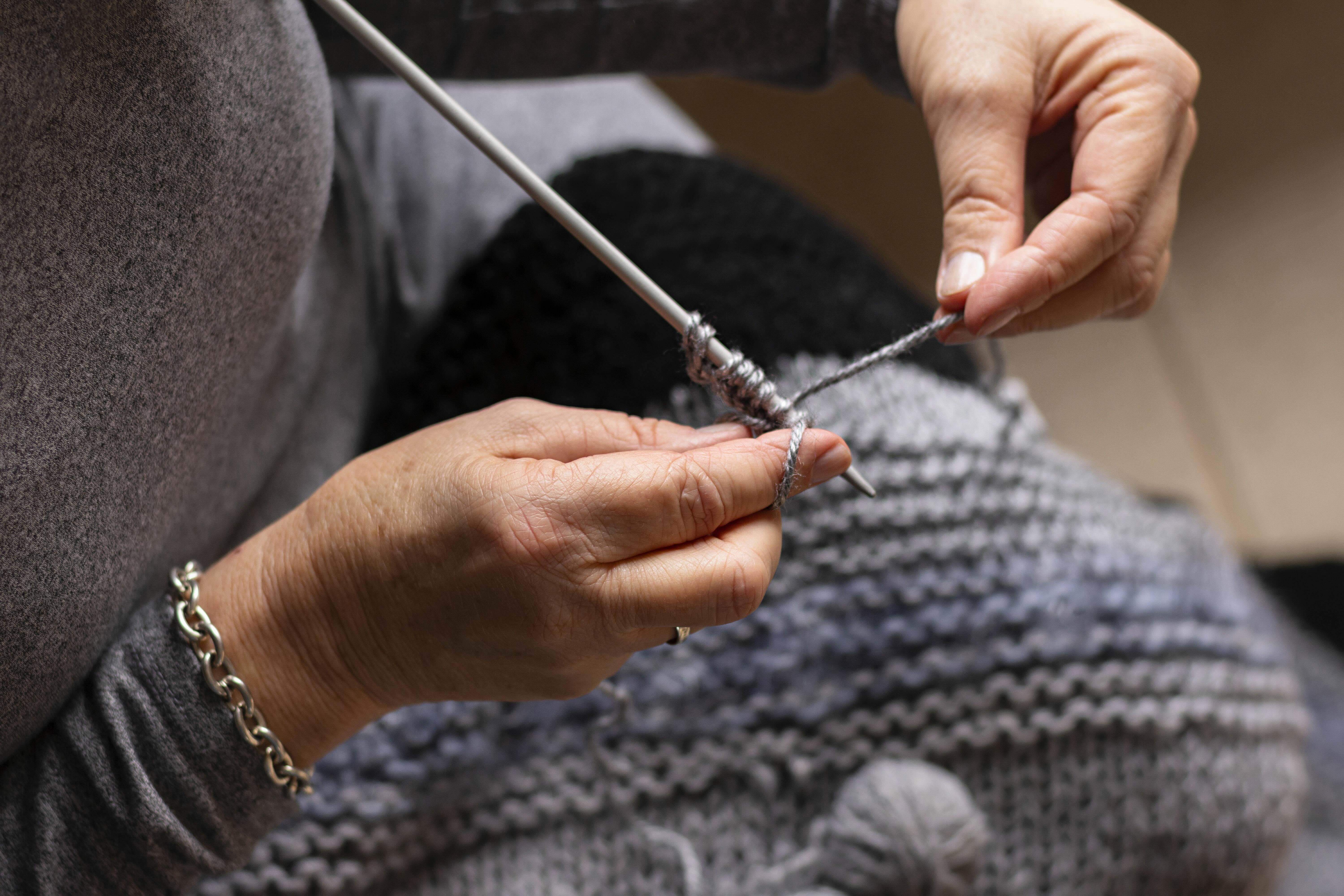Care Blog
How Dementia Impacts Quality Sleep
Sleep Disturbances in Patients With Dementia
Often, patients with dementia experience poor sleep. At the same time, patients who are diagnosed with some sleep disorders are more likely to develop the symptoms of dementia.
Sleep Disturbances Common in Dementia Patients
Sleep difficulties are frequently experienced by dementia patients, including:
- Longer sleep latency
- Increased sleep fragmentation
- Decreased sleep efficiency
- Decreased total sleep time
- Increased daytime sleepiness
- Nighttime wandering, confusion, and agitation
- Insomnia
- Sleep apnea
- REM sleep behavior disorder
- Restless legs syndrome
- Periodic limb movements
- Sleep-disordered breathing
Brain Damage and Sleep
The neuronal degeneration experienced in Alzheimer's patients damages the basal forebrain and reticular formation of the brain stem. These two regions help regulate sleep patterns, so damage can contribute to sleep pattern changes.
Insomniacs and seniors with sleep problems often have beta-amyloid plaques present in their brains at a higher rate than that of healthy sleepers. This material makes up some of the plaques found in Alzheimer's patients, and problematic sleep can be an early sign of dementia. In fact, changes in sleep patterns can be one of the first indications of degenerative disease.
Dementia and Circadian Rhythms
Dementia patients may have a disturbance in their sleep and wake rhythms. They may wake up during the night and fall asleep frequently during the day. Some struggle to spend a full hour awake during the day, or a whole hour asleep during the night.
It's believed the decline in circadian rhythm in dementia may be due to a deficiency in environmental cues and other factors. Evidence suggests there are three stages of circadian rhythm disruption in dementia. The first stage involves rapid decline of circadian rhythm, then a slight return to stronger rhythms before they further decline in later stages of dementia.
Improving Sleep for Dementia Patients
Although dementia patients often experience disturbed sleep, and sleep may get worse as the disease progresses, there are methods for supporting healthy sleep in dementia patients.
- Use light therapy. Exposure to light is a powerful cue for circadian rhythms. It tells the brain when it's daytime and time to be awake. Exposure to bright light in the morning and throughout the day can be helpful in reinforcing environmental cues that guide sleep and wake cycles for dementia patients. A light box can be used, or patients can simply spend time outside or near a bright, open window during appropriate times of the day.
- Keep a regular schedule. A regular schedule both day and night can support healthy sleep. You should keep a consistent sleep routine for dementia patients, going to bed and waking up at approximately the same time each night and day. Keep meals and activities consistent from day to day. Create a bedtime routine that you repeat each night before going to sleep.
- Make daytime more active. Resting throughout the day may lead to being more awake at night. Avoid afternoon napping if possible, and avoid it during the evening. Encourage exercise during the day and plan activities such as doctor appointments and shopping early in the day.
- Create a safe sleep environment. Make sure the patient's sleeping area is comfortable and safe. Maintain a dark, cool, quiet, and comfortable sleeping environment. Choose a mattress that is appropriate for their needs and relieves aches and pains. Use nightlights to guide steps at night, and make sure doors and windows are locked. Consider using sensors to get alerts when they may be wandering.
Samantha (Sam) Kent is a researcher for SleepHelp.org. Her favorite writing topic is how getting enough sleep can improve your life. Currently residing in Boise, Idaho, she sleeps in a California King bed, often with a cat on her face.
Contact New Horizons In-Home Care, to learn more about our top-rated home care in Florence and the surrounding areas, and to learn more about our dementia care services.
Share:
Call Us Today
Call us today to schedule a free in-home care assessment so we can help you understand how you or a loved one can have a safe and happy life at home.

Take the Quiz
Let us know what kind of help you might need, and we’ll be back in touch to customize a plan for you.
Take the Quiz
